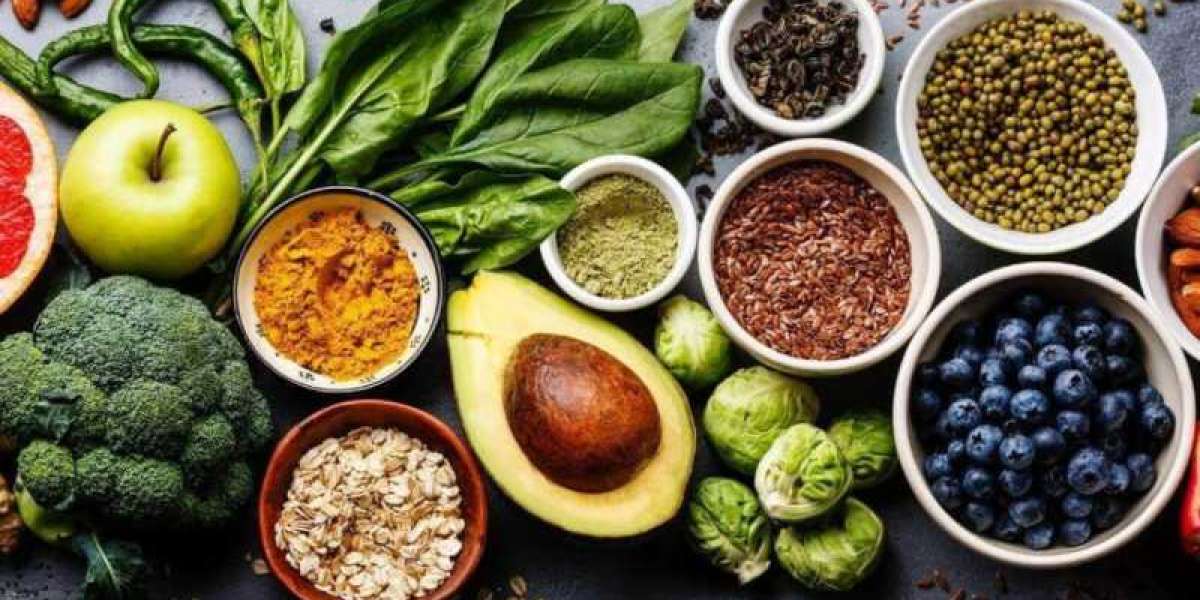If you’ve ever experienced the excruciating pain of kidney stones, you’re not alone. Kidney stones affect millions of people worldwide, and calcium oxalate stones are by far the most common type. One of the most effective ways to manage and reduce the recurrence of kidney stones is by following a proper calcium oxalate stones diet.
In this blog, we’ll explore what calcium oxalate stones are, how diet influences their formation, and which foods you should eat or avoid. This comprehensive guide will help you make informed dietary choices to support your kidney health. For more tips on foods that reduce kidney stones, be sure to check out KidneyCop’s guide.
What Are Calcium Oxalate Stones?
Calcium oxalate stones are hard deposits made of calcium and oxalate that form in your kidneys when urine becomes too concentrated. Oxalate is a natural compound found in many foods, and high levels of it in urine can lead to stone formation. While calcium is essential for bone health, when it binds with oxalate in the kidneys, it can contribute to stone development.
The good news? Diet can significantly reduce your risk.
Why a Calcium Oxalate Stones Diet Matters
The foods and drinks you consume have a direct impact on the formation of kidney stones. A calcium oxalate stones diet focuses on reducing oxalate intake while maintaining adequate calcium levels to minimize stone formation. Importantly, it's not about eliminating all oxalates or calcium—balance is key.
Foods to Eat on a Calcium Oxalate Stones Diet
Here are some food choices that can help support a healthy urinary system and reduce the chance of kidney stones:
1. Low-Oxalate Fruits and Vegetables
Certain fruits and vegetables are naturally low in oxalates, making them ideal for a calcium oxalate stones diet.
Best options include:
Cabbage
Cauliflower
Zucchini
Apples
Grapes
Bananas
These foods provide vital nutrients while keeping your oxalate levels in check.
2. Adequate Calcium-Rich Foods
It may seem counterintuitive, but consuming enough calcium can actually prevent calcium oxalate stones. Dietary calcium binds to oxalate in the gut, which helps it get excreted rather than absorbed.
Best sources of dietary calcium include:
Low-fat dairy products (yogurt, milk, cheese)
Fortified plant-based milk (almond, soy, oat)
Tofu (with calcium sulfate)
Sardines and canned salmon with bones
Avoid calcium supplements unless prescribed, as they can increase stone risk.
3. Whole Grains and Lean Proteins
Whole grains like brown rice and quinoa, as well as lean proteins such as chicken, turkey, and fish, are part of a balanced calcium oxalate stones diet. These provide important nutrients without contributing excess oxalates.
4. Citrate-Rich Foods
Citrus fruits like lemons, oranges, and limes are rich in citrate, which helps prevent stones from forming by binding with calcium in urine. Drinking lemon water daily can be a simple, effective habit.
5. Plenty of Water
Hydration is the cornerstone of any kidney-friendly diet. Drinking enough water dilutes your urine and helps flush out substances that lead to stones. Aim for at least 2.5 to 3 liters a day unless otherwise directed by a doctor.
Foods to Avoid on a Calcium Oxalate Stones Diet
Some foods are high in oxalates and should be limited or avoided, especially if you're prone to kidney stones.
1. High-Oxalate Vegetables
These vegetables are nutrient-dense but can contribute to stone formation if consumed excessively:
Spinach
Beets
Swiss chard
Rhubarb
If you do consume them, pair them with calcium-rich foods to reduce oxalate absorption.
2. Nuts and Seeds
Almonds, peanuts, cashews, and sesame seeds are high in oxalates. While healthy in moderation, it's best to limit their intake if you’re on a calcium oxalate stones diet.
3. Chocolate and Cocoa
These beloved treats are high in oxalate. If you must indulge, opt for small portions and pair them with calcium sources.
4. Tea (Especially Black Tea)
Black tea contains oxalates that can contribute to stone formation. If you're a tea drinker, consider switching to herbal teas that are low in oxalates.
5. Soy Products and Legumes
Soybeans, soy milk, and certain legumes are high in oxalates. While they are healthy protein sources, moderation is key.
Additional Tips for Managing Kidney Stone Risk
In addition to following a calcium oxalate stones diet, here are some bonus tips to support your kidney health:
Limit sodium intake: Excess salt increases calcium in your urine, increasing the chance of stone formation.
Moderate animal protein: Too much animal protein can increase uric acid, another stone-forming compound.
Watch vitamin C supplements: High doses of vitamin C can convert to oxalate in the body.
Lifestyle Changes for Long-Term Kidney Health
Kidney stones tend to recur, which makes long-term changes essential. Adopting a calcium oxalate stones diet is a significant step, but combining it with an active lifestyle, healthy weight management, and regular check-ups can go a long way in preventing future episodes.
Supplements like KidneyCop® can also support your efforts. They’re designed to reduce stone-forming compounds and promote urinary health. Learn more about natural support by visiting KidneyCop’s top food picks.
Final Thoughts
Managing kidney stones doesn't have to be overwhelming. By understanding how your diet impacts stone formation and making mindful food choices, you can reduce your risk significantly. A calcium oxalate stones diet is not about restriction—it's about smart substitutions and nutritional balance.
Remember to hydrate, eat calcium-rich foods, limit high-oxalate ingredients, and avoid excessive salt and animal protein. These simple changes can help you lead a life free of kidney stone pain.
For additional resources and support, check out KidneyCop’s expert guide to foods that reduce kidney stones and explore effective ways to protect your kidney health today
 Meet Ups
Meet Ups
 Experiences
Experiences
 Learning Center
Learning Center
 Accommodation
Accommodation
 Roomie
Roomie
 Ride
Ride
 Spread the Word
Spread the Word
 Student Bazaar
Student Bazaar
 Jobs
Jobs
 Blogs
Blogs
 Sobre StudentInsta
Sobre StudentInsta

